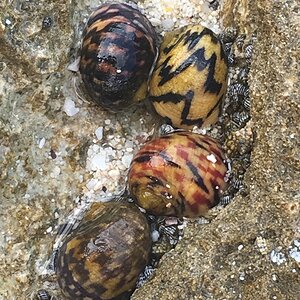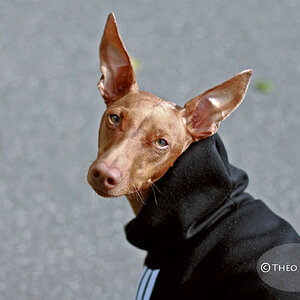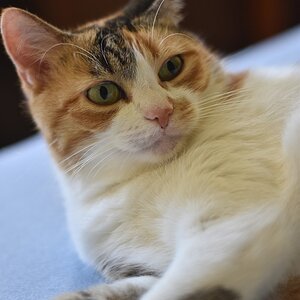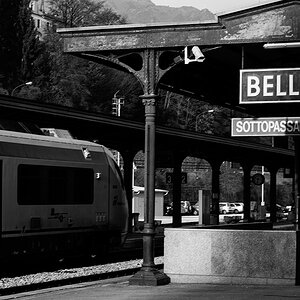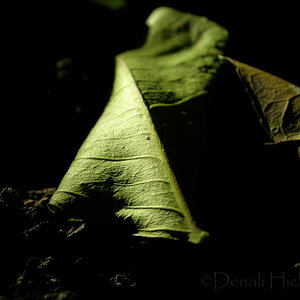santino
No longer a newbie, moving up!
- Joined
- Jun 17, 2004
- Messages
- 2,299
- Reaction score
- 54
- Location
- Austria, heart in Poland -->
- Website
- www.artofart.com
Hi 
wanted to ask if spot meters are any good (except for the zone system) ?
I mean I think that they are good, but are they worth the money they cost? (say I have a normal handheld light meter ).
).
thanks
wanted to ask if spot meters are any good (except for the zone system) ?
I mean I think that they are good, but are they worth the money they cost? (say I have a normal handheld light meter
thanks



![[No title]](/data/xfmg/thumbnail/37/37522-f67b10bc5ee534f9bc21ee94917445b9.jpg?1619738129)
![[No title]](/data/xfmg/thumbnail/42/42479-eb9612f7aa37a41755b9e23b5739a3bf.jpg?1619740195)
![[No title]](/data/xfmg/thumbnail/37/37519-6093821531f744039f3ac2b3e30c7dbf.jpg?1619738128)
![[No title]](/data/xfmg/thumbnail/37/37520-d3e4d6582aa2781be7abf64e8651db45.jpg?1619738128)
![[No title]](/data/xfmg/thumbnail/35/35931-5e10675f3f7d827bc7ae4689f16bda8a.jpg?1619737234)
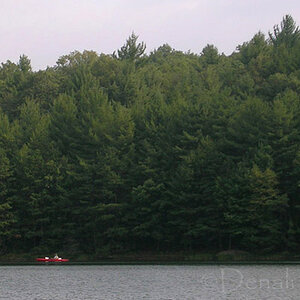
![[No title]](/data/xfmg/thumbnail/37/37540-73002ccb910b97978bc38658622a34d3.jpg?1619738133)
